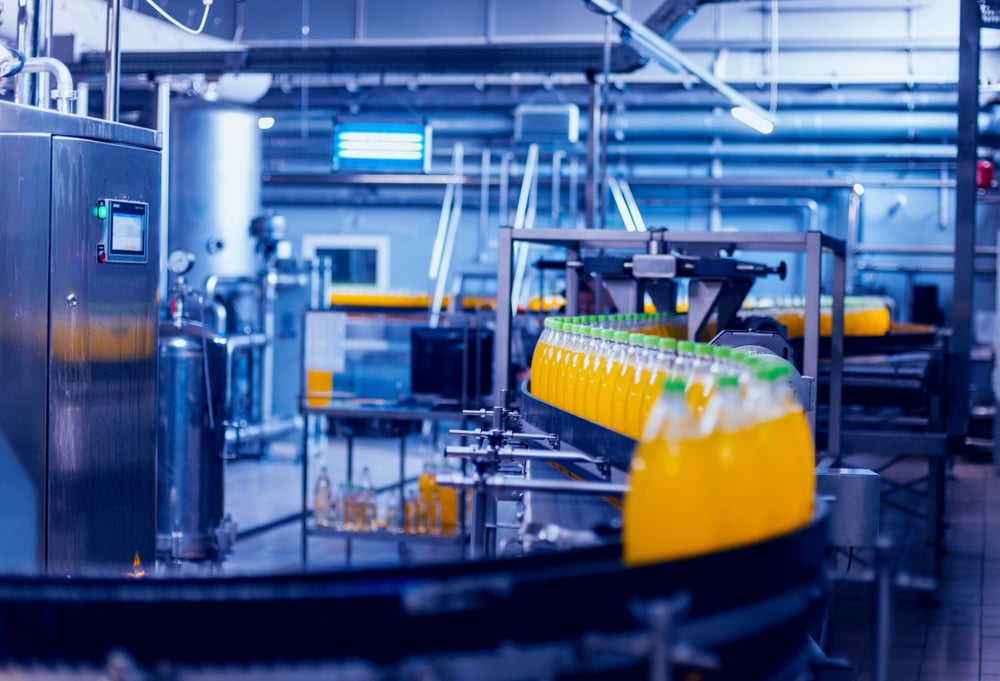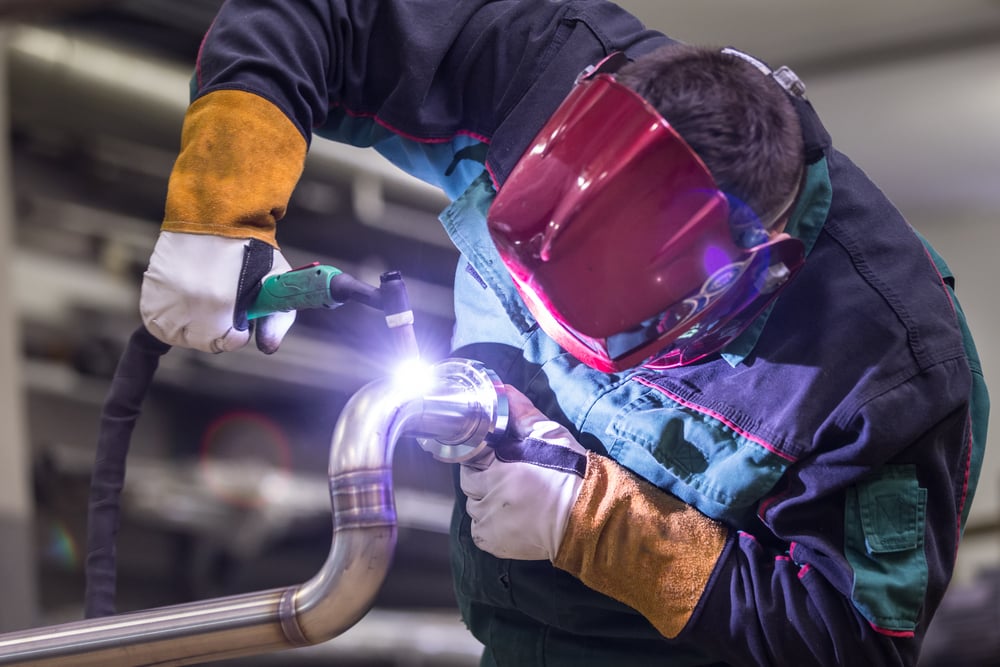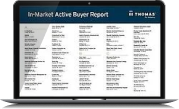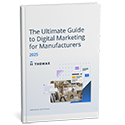Opportunities For Lithium-Ion Battery Manufacturers
Team Thomas January 22, 2021
In 2019, lithium-ion sourcing activity on Thomasnet.com soared, and the B2B buyer data showed the top two industries driving the trend were software and technology, and healthcare and medical. Today, there are three major lithium-ion battery markets: transportation, electronic devices, and industrial stationary.
Technology is at the core of the transition, and the next few years will bring significant changes to the industry.
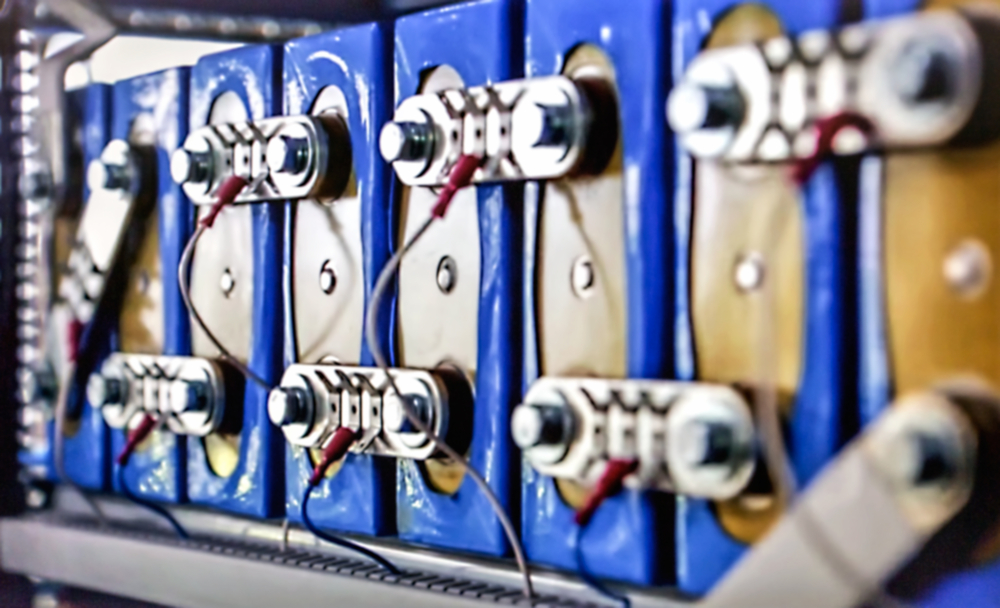 Reshoring Today
Reshoring Today
According to IBISWorld, the lithium battery manufacturing industry will likely experience supply chain disruptions due to the industry's reliance on the Asia Pacific and South American sources of lithium and other raw materials. But in light of the COVID-19 pandemic, more procurement professionals are looking to reshore manufacturing efforts and source suppliers locally to meet market demands.
According to the U.S. Department of Energy, battery production and development are imperative for the U.S. automotive industry to dominate the market globally. And as of last year, lithium-ion cell manufacturing is the strongest in China, the U.S., and Europe. The U.S. is the second-largest global manufacturer of lithium-ion cell production, with additional facilities planned for/under construction. The battery and grid storage demand is strong and shortens the supply chain for U.S. manufacturers — currently, the TeslaPanasonic plants in Nevada comprise most of the U.S. global capacity.
Manufacturers Can Strengthen Their Supply Chain With Local Partners Through A Listing On Thomasnet.com
The Automotive Industry
The biggest opportunity for lithium-ion battery manufacturers is in electric vehicles and compelling models are planning to hit the market. For example, Apple has a possible electric car and plans for its own “breakthrough battery technology.” Recently, General Motors announced a plan to invest $2 billion into domestic assembly plants dedicated to manufacturing electric vehicles and unveiled its all-new electric Hummer. According to the U.S. Dept of Energy, electric vehicles will dominate lithium-ion batteries' demand through 2030.
And BloombergNEF’s fifth annual Long-Term Electric Vehicle Outlook reports that over 7 million passenger electric vehicles on the road and electrification are spreading to other road transport segments, like mopeds and scooters. To get in front of the buyers leading these changes, sign up for a free company listing on Thomasnet.com.
The Environmental Impact
According to Deloitte, energy and industrial companies are positioned for a lower-carbon future. End-consumers’ buying habits of purchasing from sustainable businesses are driving the adoption of new emission regulations and companies’ commitment to cleaner energy sources in the long term.
Thus, some battery manufacturing companies are focused on eliminating the expensive and controversial element cobalt from batteries. And the Department of Energy is offering Research and Experimentation Tax Credit (R&D credit) to support innovative manufacturers focused on significantly reducing battery and energy storage cost, energy, emissions, and improving performance.
Learn More: How To Innovate Without Blowing Your R&D Budget
Manufacturers Can Compete For New Business Opportunities
Lithium-ion batteries are strategically used in various sectors (defense, energy, and emergency services). Manufacturers should review their website content and outreach messaging to make sure they're speaking to buyers in these markets i.e. creating website pages about their capabilities serving these industries, relevant success stories or case studies, and blogs about what buyers in these markets should be aware of. For example, think of your company's sustainability role and create diverse content (like videos and graphics) that helps them more easily understand your efforts.
Manufacturers Can Get A Video Produced For Free With An Advertising Program From Thomas
Companies that can leverage all the latest technologies and marketing strategies in their processes, planning, and production effectively will be those who shape the battery manufacturing industry.
In addition to Tesla and GM being major players in the lithium-ion battery market, others include Hitachi, Samsung, and Panasonic. The keys to growth are in keeping an eye on the consumer and sourcing trends. The Thomasnet.com registered user audience includes buyers from 93% of the Fortune 1000. See which companies and possible major players are sourcing your industrial products with a free custom in-market buyer report. You can also achieve the industry’s strategic goals (in North America and abroad) by building your supply chain and help manufacture battery critical materials with a listing on Thomasnet.com, where more than a million B2B buyers source industrial products and services.
Editor's Note: If you're sourcing suppliers for COVID-19 items, click here for those manufacturers and distributors. If your industrial business can support the production of essential supplies to combat the COVID-19 outbreak, please complete this form to notify us of your availability and willingness to dedicate resources. Thomas is working with State and Federal Government offices to help mobilize manufacturers to deliver supplies and services.
Other Industry-Specific Blogs:
- 3D Printing And Additive Manufacturing Opportunities
- Challenges And Opportunities In The Aerospace Industry
- Challenges And Opportunities In The Pharmaceutical Industry
- Challenges And Opportunities In Private Labeling
- Challenges And Opportunities In Cannabis Industry
- How To Grow Your Steel And Metals Company
- Challenges And Opportunities In The Food And Beverage Industry
- 11 Tips For Growing Your CNC Machining Business
Did you find this useful?




